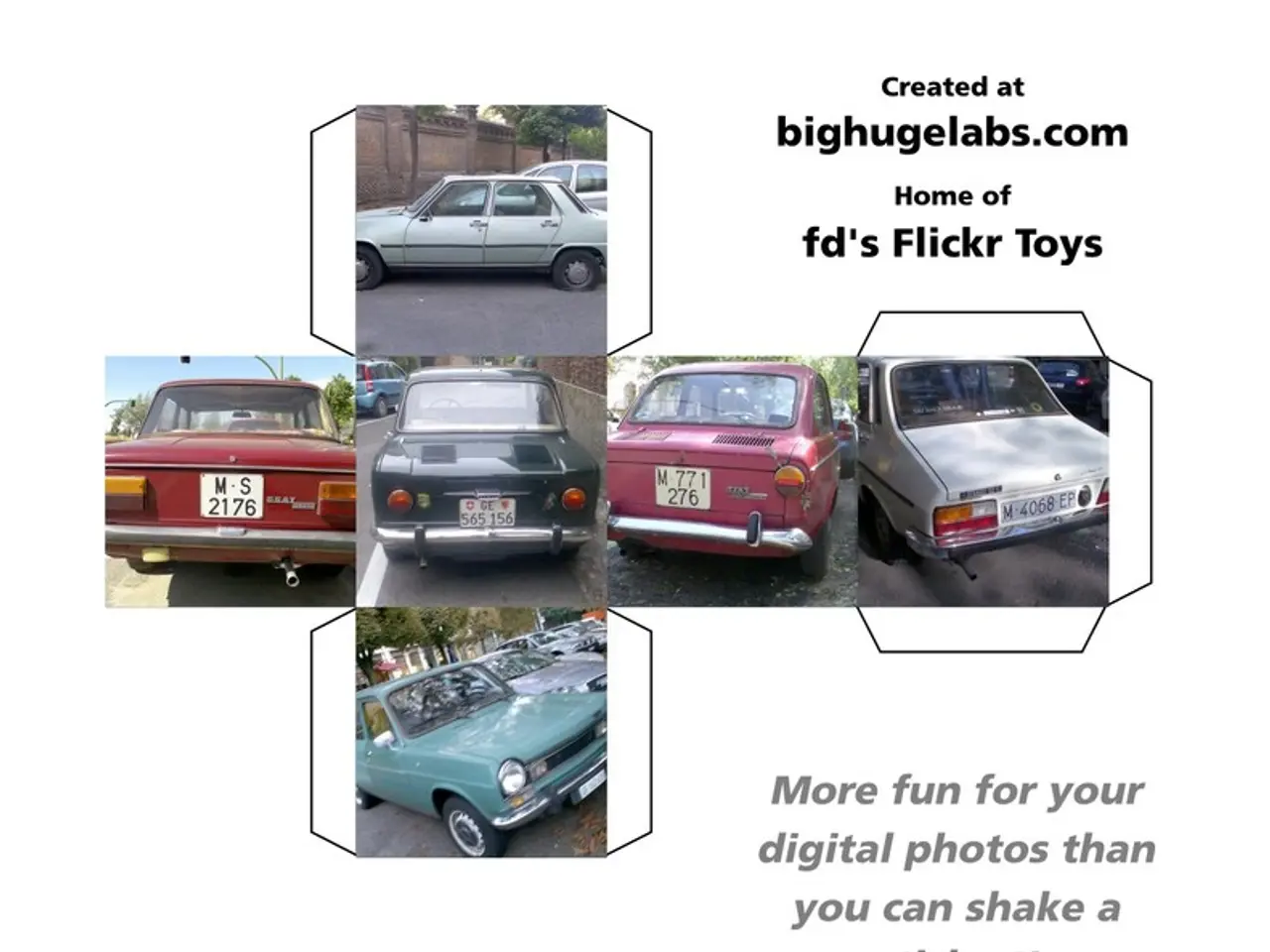Tariff deadlines in August arriving: Strategies to adjust your auto insurance for increasing costs
In today's economic climate, many drivers are opting to hold onto their vehicles longer to avoid taking on new loan payments. This decision, however, raises questions about the long-term financial impact of leasing versus owning a vehicle.
As we move forward, it's crucial to consider the effects of factors such as Trump's proposed tariffs on auto insurance. Although the impact is yet to be fully felt, rising vehicle and repair prices due to these tariffs will eventually affect rates.
To combat these rising costs, several effective strategies can help reduce car insurance premiums. One such strategy is increasing your deductible. By raising it from $500 to $1,000, you could potentially reduce your premium by 20 to 25%. However, it's essential to ensure you can afford the higher out-of-pocket cost in the event of a claim.
Another strategy is bundling policies. Combining auto and home insurance with the same insurer often yields multi-policy discounts ranging from 10% to 25%. Driving less and reporting lower mileage can also save around $116 annually by lowering risk.
Taking defensive driving or safe driver courses can lead to discounts of around 10% or about $233 per year, depending on the state and insurer. Utilising telematics or usage-based insurance programs, which allow insurers to monitor safe driving habits, can result in discounts of 10% to 30%.
For older vehicles valued under $3,000, consider removing collision or comprehensive coverage if you can afford repairs independently. Regularly comparing rates among insurers can reveal better deals even with current inflation trends.
Installing safety and anti-theft devices can qualify you for additional discounts, and insuring multiple vehicles together often comes with further discounts. Remember, these strategies help control premiums despite inflation-driven claim costs, repairs, litigation, and tariff impacts.
It's important to evaluate your specific situation and consult with your insurer before making changes to your coverage. Additionally, it's crucial to ensure your emergency savings account is sufficient before increasing your collision deductible to save on premiums, as nearly 1 in 4 (24 percent) of Americans have no emergency savings at all.
When budgeting for insurance costs, comparing sample quotes for a wide range of makes and models can help. In a more expensive world, reviewing one's insurance policy to increase certain coverage limits and explore add-ons is advisable.
Leasing often comes with lower monthly payments but also includes added requirements like higher liability limits and gap insurance. Insurance costs for new cars are usually higher than for older models due to their higher value and cost of repair.
The core insurance principles remain the same: make sure you have the right coverage, ensure your policy fits your budget, and consider how your insurance policy would serve you if you had to file a claim. By following these strategies and principles, you can navigate the changing insurance landscape with confidence.
- In the realm of personal finance, understanding the financial implications of leasing versus owning a vehicle is becoming increasingly important.
- With the proposed tariffs on auto industry by Trump, insurance rates might surge due to increased vehicle prices and repair costs.
- Science and technology have introduced various strategies to help reduce car insurance premiums, such as bundling policies or utilizing telematics programs.
- Environmental-science data suggests that every reduction in car usage can lead to significant savings on insurance premiums, by lowering the overall risk.
- Home-and-garden activities might seem unrelated, but managing your finances wisely is like maintaining a well-organized garden—it requires consistent attention and planning.
- As climate-change continues to affect the global economy, investing in energy-efficient vehicles, like electric cars, can be a smart choice from both environmental and financial perspectives.
- In a world where traveling extensively becomes more expensive, having a well-planned auto-maintenance schedule can save you money and help your vehicles last longer.
- Shopping for car insurance requires research and comparison, similar to shopping for electronic devices or sports gear.
- Car-maintenance is crucial for saving on repairs in the long run, which in turn helps control insurance costs.
- In the fast-paced world of racing, like grand-prix or auto-racing, the principles of financial management are just as important to stay ahead of the competition: know your budget, have the right coverage, and consider the long-term impact of your financial decisions.




